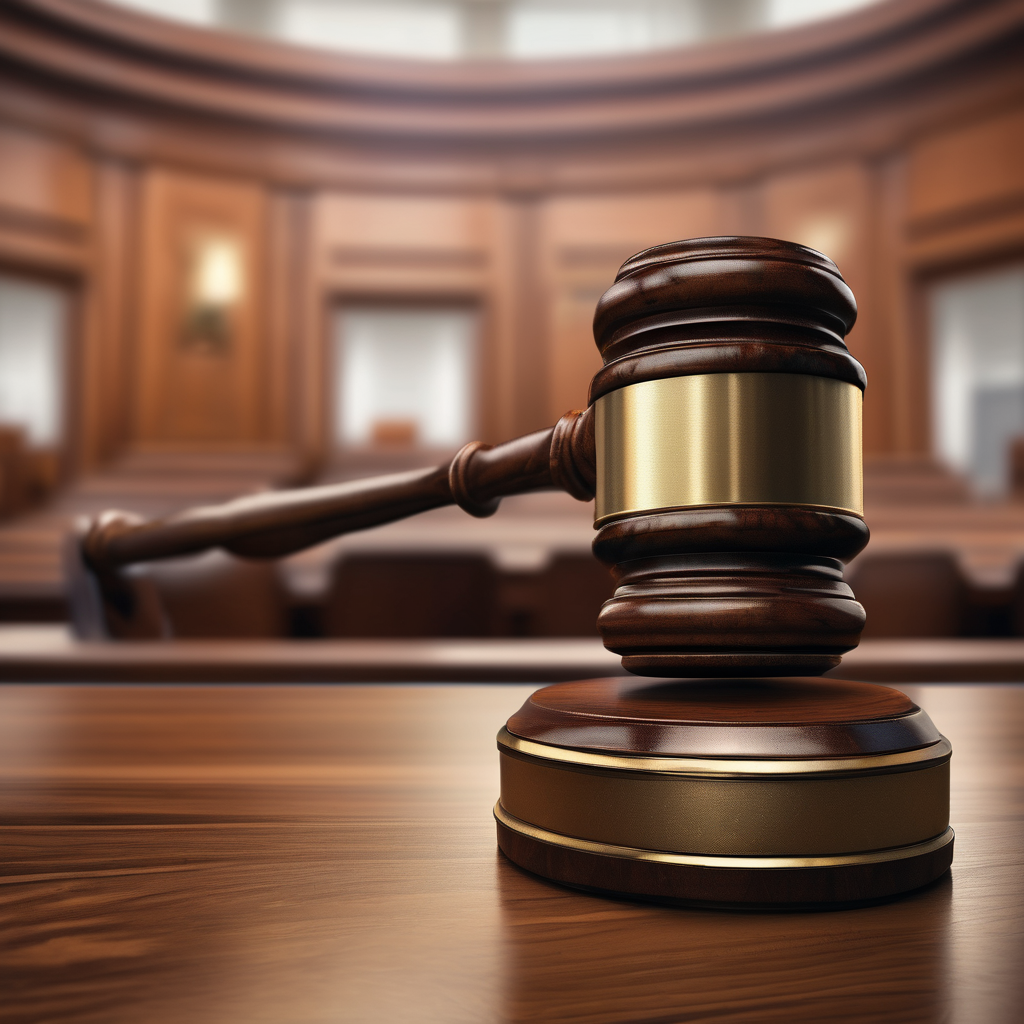Last month, in response to an inquiry from Senator Chuck Grassley, two federal judges acknowledged that their court orders had been drafted using generative Artificial Intelligence. This discovery emerged when lawyers pointed out a series of inaccuracies, prompting both judges to retract their “error-ridden” rulings.
Judge Henry Wingate from Mississippi revealed that his law clerk had relied on an AI program named Perplexity to create a decision which incorrectly identified parties involved in a case, misquoted state law, and cited a non-existent case. Similarly, New Jersey’s Judge Julien Neals admitted that an intern produced a draft fraught with mistakes, which received no scrutiny before being docketed.
Senator Grassley expressed his appreciation for the honesty shown by Wingate and Neals, emphasizing the need for the judiciary to impose stricter regulations concerning the use of AI in their processes. He stated, “We can’t allow laziness, apathy or overreliance on artificial assistance to upend the Judiciary’s commitment to integrity and factual accuracy.”
Since the emergence of ChatGPT in 2023, the unauthorized use of AI has raised significant issues within the American legal system. The legal framework depends on statutory laws and case law—both of which can easily be misrepresented by AI. While lawyers and their support staff may be tempted to utilize AI for drafting briefs, the risk of fabricating legal precedents and misrepresenting statements is substantial.
Furthermore, attorneys are bound by the duty of candor, which demands that all information presented to the court is truthful and accurate. This obligation extends to the staff they supervise. If a lawyer submits a document drafted by an intern or AI without verification, they may bear full responsibility for any inaccuracies.
Conversely, judges like Wingate and Neals have not faced disciplinary action despite their failure to ensure that their decisions were accurate and reviewed, raising profound questions about accountability and fairness in the judicial system. Although both judges have pledged to implement more stringent review practices to prevent future AI-generated inaccuracies, they have escaped personal responsibility by attributing the errors to their subordinate staff.
Senator Grassley highlighted that using AI-generated erroneous legal statements undermines litigants’ rights, affecting fair treatment under the law. This raises critical questions about the responsibility of judges, especially given the evident lack of sufficient oversight.
The issue of accountability has broader implications beyond the courtroom. Historical references, like that of Adam and Eve in the Garden of Eden, exemplify the age-old tendency to shift blame rather than take responsibility for one’s actions. This reflects a spiritual lesson on the necessity of acknowledging our faults in order to facilitate healing and personal growth.
As the discussion unfolds about the intersection of AI and the judiciary, it highlights the importance of integrity and responsibility in all areas of life. Lawyers and judges alike must prioritize truthfulness and accountability, not only to maintain the sanctity of the legal system but to uphold ethical standards that resonate well beyond the courtroom.
The commitment to acknowledge and address our shortcomings is a pathway toward healing and improvement, both personally and professionally. As we consider our responsibilities in light of this growing concern, we are reminded of the importance of accountability and truthfulness in all our endeavors.
